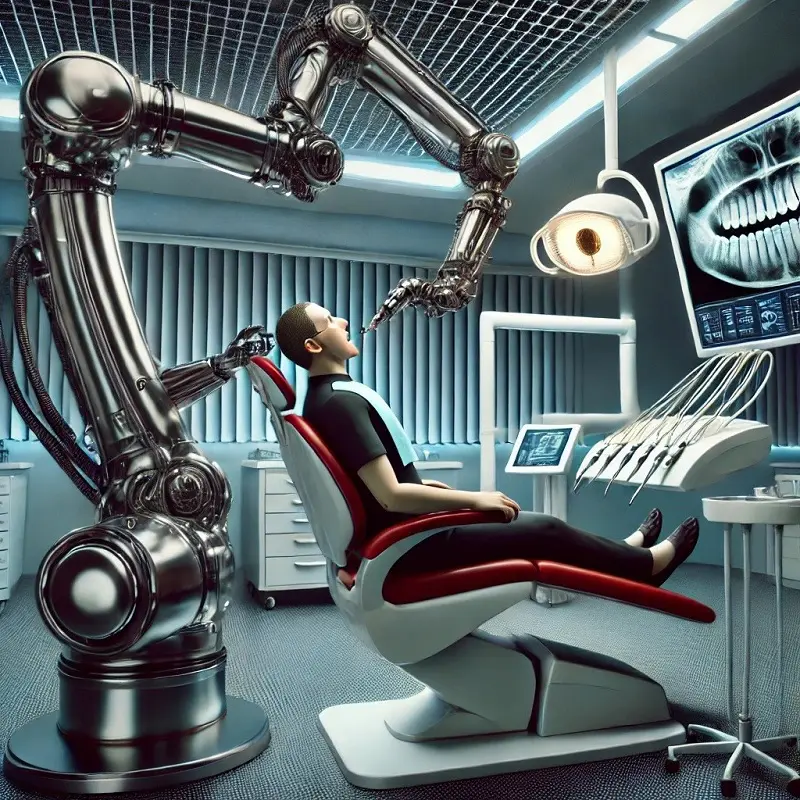AI-driven automated dental technology company Perceptive has announced the completion of the world’s first fully automated dental procedure on a human using its robotic dentistry system.
Perceptive
Boston-based Perceptive is an innovative dental technology company that has developed an AI powered dental robotics system to complete restorative dental procedures (e.g. crown replacements) faster and more accurately than any human dentist.
For example, Perceptive says the target for its AI dental robot is for it to be able to “complete a restorative dental procedure, such as a crown, with only one visit” of 15 minutes, which is “down from two visits of one hour each with traditional methods.”
Interestingly, in addition to being partnered with the Harvard School of Dental Medicine and American Dental Association’s Forsyth Institute, one of the company’s backers is dentist Edward Zuckerberg, the father of Meta boss Mark Zuckerberg.
Not Enough Dentists
Perceptive’s founder and CEO, Canadian-born Dr. Chris Ciriello said that while working in rural Canada after completing dental school, he noticed that there weren’t enough dentists in the area to treat all available patients. Therefore, to tackle this challenge, he initially built his own Dental Support Organization (DSO) but found that he still had more patients than he could treat, hence the idea to find a technological solution.
How Perceptive’s Dental Robot Works
To meet the challenge initially identified by Ciriello, his company (Perceptive) developed an advanced dental robot system to carry out surgeries. To begin a procedure, Perseptive’s AI robotics system uses optical coherence technology (OCT) to make a detailed 3D scan of the patient’s tooth and mouth (including below the gum line, through fluids, and under the tooth surface) using Perceptive’s handheld intraoral scanner. These 3D images are then analysed by AI algorithms to plan and execute the dental procedure efficiently. The actual surgery is then carried out by the system’s robot arm.
Works In A Fraction Of The Time
Perspective says that its system can prepare teeth “in a fraction of the time” compared to traditional procedures carried out by human dentists. This is because its robot system simulates the preparation geometry prior to prepping the tooth, enabling it to manufacture the restoration (a filling or crown) even before prepping the tooth. The company says this improvement in workflow should allow for a 15-minute restoration visit (unverified and based on their pre-clinical in-house testing).
Accurate & Enhanced Patient Care and Safety
German Galluicci, DMD, Ph.D., Chairman of Restorative Dentistry at Harvard School of Dental Medicine, has been quoted as saying that Perceptive’s technology “achieves over a 90 per cent accuracy rate for detecting caries without the ionising radiation associated with traditional X-rays and CBCT scanners”, noting that this is a “significant improvement over the approximately 40 per cent accuracy of 2D X-rays”. Galluicci says this results in “safer and more precise diagnoses” thereby “enhancing patient care and safety.”
First Procedure
The company recently announced that in a world-first, its robot dental arm successfully completed a dental procedure (restoration – a crown replacement) on a human. Perspective’s founder and CEO, Dr. Chris Ciriello, said: “We’re excited to successfully complete the world’s first fully automated robotic dental procedure,” and that “This medical breakthrough enhances precision and efficiency of dental procedures, and democratises access to better dental care, for improved patient experience and clinical outcomes. We look forward to advancing our system and pioneering scalable, fully automated dental healthcare solutions for patients.”
The Benefits
Although this is only the first dental procedure by the Perspective system on a human, it’s anticipated that the system has the potential to enable dentists to diagnose and treat more patients with higher quality care in less time, thereby reducing the need for manual labour while minimising the chances of human error. As highlighted by Perspective’s CEO, it may also provide the benefit of democratising access to better dental care, bringing about improved patient experience and clinical outcomes.
What Does This Mean For Your Business?
The successful completion of the world’s first fully automated dental procedure by Perceptive’s robotic system may mark a significant milestone in the evolution of dental care. For businesses in the dental and healthcare sectors, this breakthrough could present both opportunities and challenges that should not be overlooked. Doubtless, there will be fear to be overcome as well as a societal shift in accepting robots of this kind for intimate work.
For example, the introduction of AI-driven robotic dentistry highlights the growing trend toward automation in healthcare, a trend that is likely to reshape how services are delivered. For dental practices, this could mean the need to reassess traditional workflows and consider integrating advanced technologies to remain competitive. The potential to reduce procedure times from hours to just 15 minutes could revolutionise patient throughput, allowing practices to treat more patients with greater efficiency, thereby increasing revenue and enhancing patient satisfaction.
However, with these advancements comes the need for investment in new technologies and training. Dental businesses will need to weigh the costs of adopting such systems against the benefits they offer. Early adopters could gain a competitive edge by positioning themselves as leaders in cutting-edge dental care, attracting tech-savvy patients who value speed and precision in their treatment. Also, the promise of higher accuracy in diagnostics and procedures, as evidenced by Perceptive’s system, could lead to better clinical outcomes, further enhancing the reputation of practices that embrace this technology.
This development may also prompt a shift in the role of dental professionals. As automated systems take on more routine tasks, for example, the role of the dentist could evolve toward more complex decision-making and patient interaction, areas where human skills remain irreplaceable. This could lead to a redefinition of the profession, requiring continuous education and adaptation to new technologies.
The advent of robotic dentistry, therefore, could signify the beginning of a transformative period for the dental industry. Those who proactively adapt to these changes, by investing in technology and upskilling, may be more likely to thrive in this new landscape. Those who fail to do so may find themselves at a disadvantage as the industry moves toward faster, more precise, and more accessible dental care.


